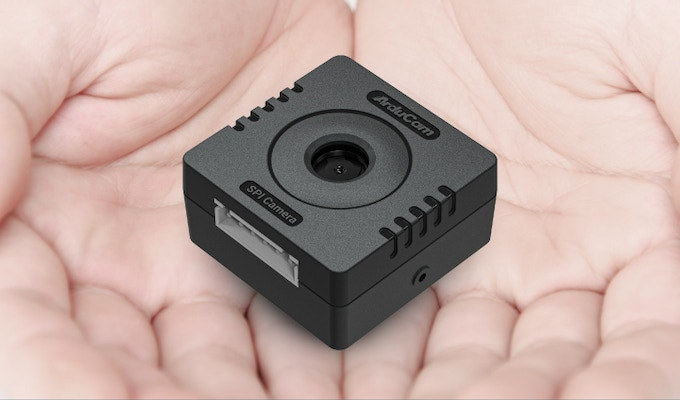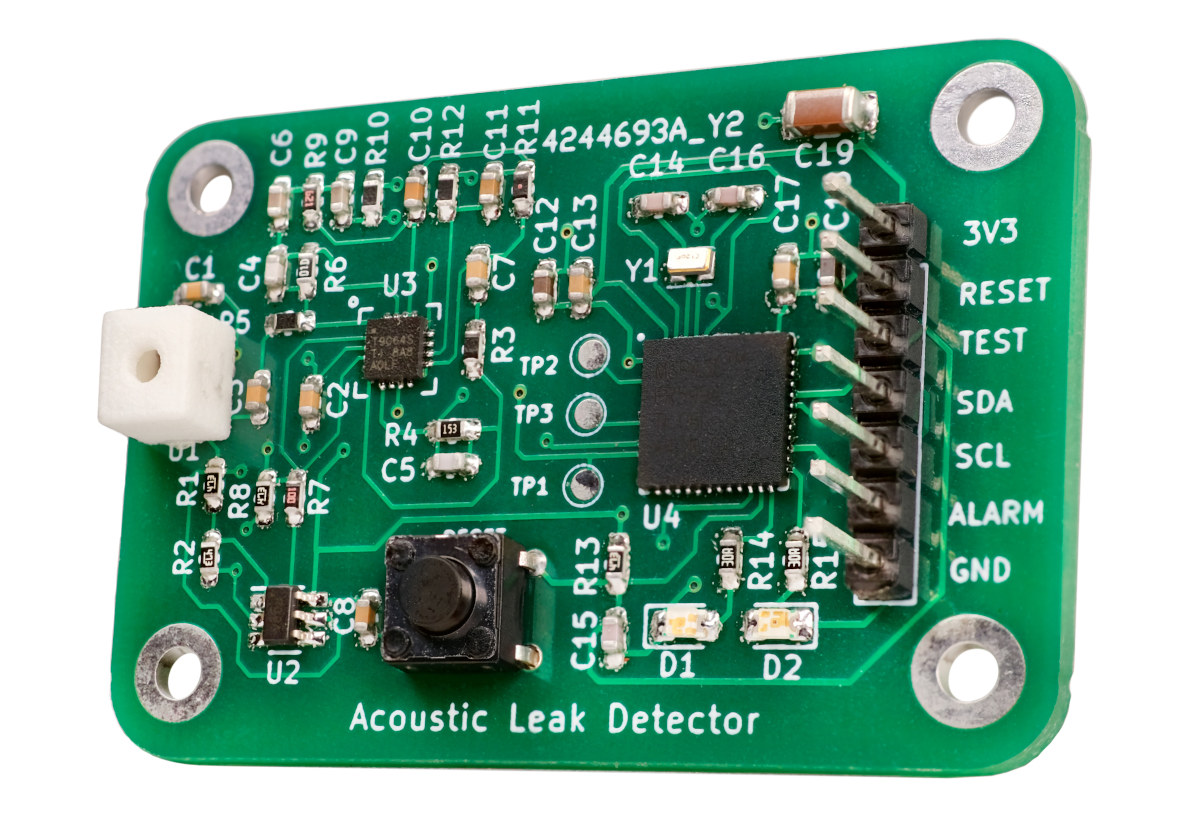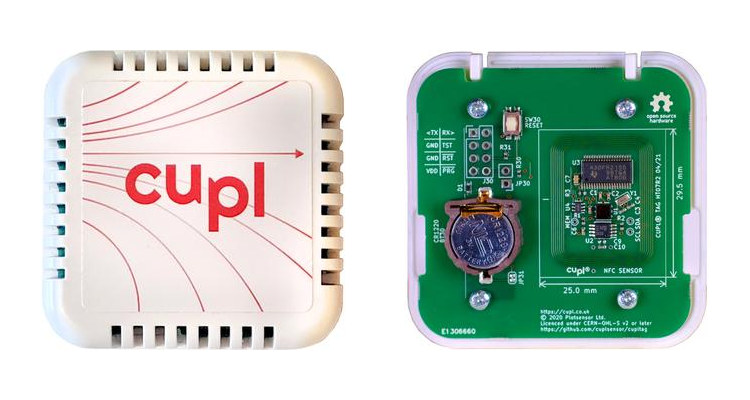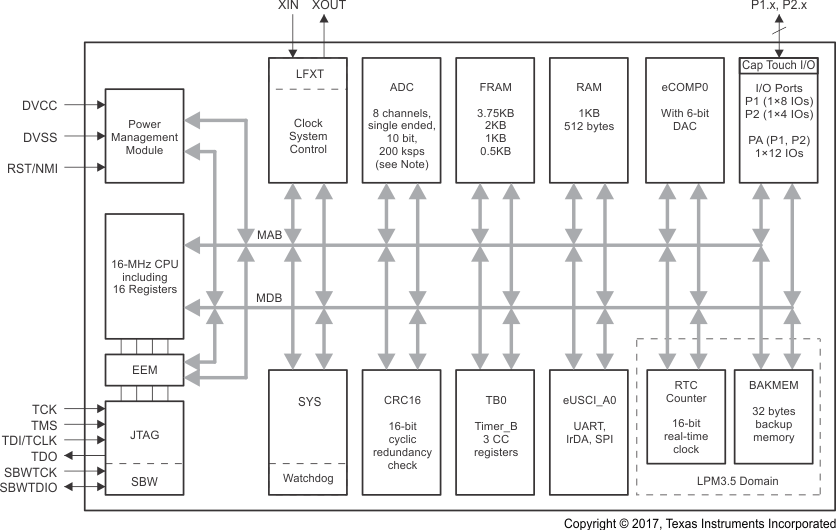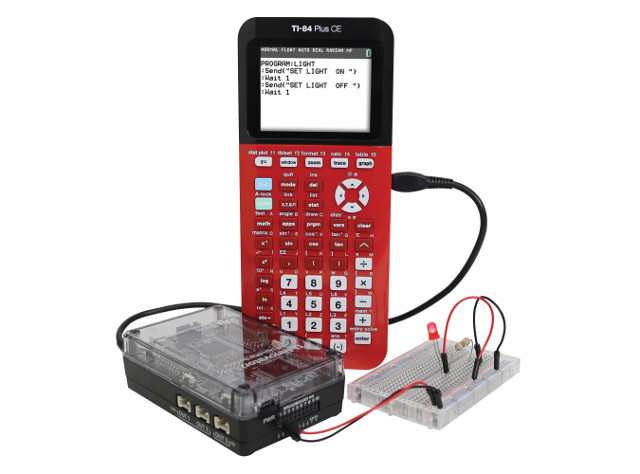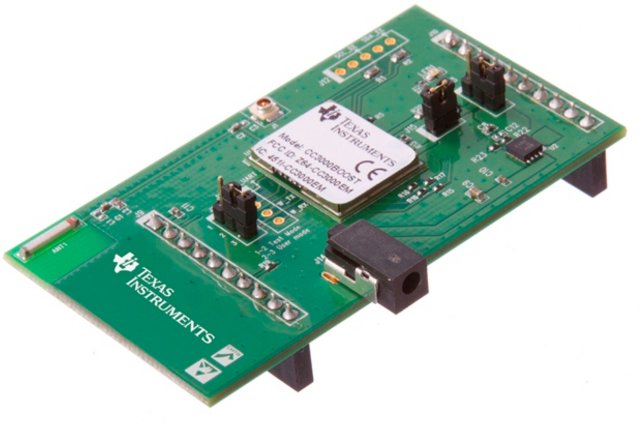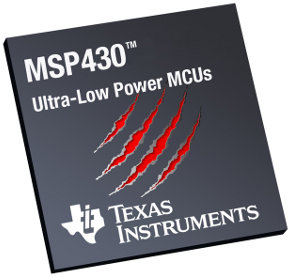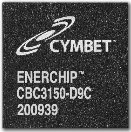ArduCam Mega is a 3MP or 5MP camera specifically designed for microcontrollers with an SPI interface, and the SDK currently supports Arduino UNO and Mega2560 boards, ESP32/ESP8266 boards, Raspberry Pi Pico and other boards based on RP2040 MCU, BBC Micro:bit V2, as well as STM32 and MSP430 platform. Both cameras share many of the same specifications including their size, but the 3MP model is a fixed-focus camera, while the 5MP variant supports autofocus. Potential applications include assets monitoring, wildfire monitoring, remote meter reading, TinyML applications, and so on. ArduCam Mega specifications: Camera Type 3MP with fixed focus 5MP with auto-focus from 8cm to infinity Optical size – 1/4-inch Shutter type – Rolling Focal ratio 3MP – F2.8 5MP – F2.0 Still Resolutions 320×240, 640×480, 1280×720 x 1600 x1200x 1920 x 1080 3MP – 2048 x 1536 5MP – 2592×1944 Output formats – RGB, YUV, or JPEG Wake-up time 3MP – […]
AquaPing is an open-source, battery powered acoustic water leak detector module (Crowdfunding)
The AquaPing is an open-source hardware, ultra-low power acoustic water leak detector sensor based on Texas Instruments MSP430 microcontroller and a microphone that can detect leaks without having to do any plumbing, instead capturing audio for water leak detection, and it even works for leaks behind walls. All signal processing and analysis occur on the MSP430 MCU, so no audio is streamed to the cloud and eavesdropping is impossible, plus the sensor only captures high frequencies out of the range of normal conversations, so eavesdropping is not feasible, plus those higher frequencies are also said to provide highest sensitivity and reliability. AquaPing specifications: MCU – Texas Instruments MSP430FR5994 microcontroller to perform FFT spectral analysis (10x faster/efficient than ARM-Cortex M0+) Audio capture – MEMS microphone covered by a small rectangular plastic structure to form a Helmholtz resonator. Minimum detectable leak rate – 0.01 gpm (gallon per minute) depending on stand-off distance […]
cuplTag battery-powered NFC tag logs temperature and humidity (Crowdfunding)
Temperature and humidity sensors would normally connect to a gateway sending data to the cloud, the coin-cell battery-powered cuplTag NFC tag instead sends data to your smartphone after a tap. CulpTag is controlled by an MSP430 16-bit microcontroller from Texas Instruments which reads and stores sensor data regularly into an EEPROM, and the data can then be read over NFC with the tag returning an URL with the data from the sensor and battery, then display everything on the phone’s web browser (no app needed). cuplTag specifications: MCU – Texas Instruments MSP430FR2155 16-bit microcontroller @ 24 MHz Storage – 2K bytes EEPROM part of NT3H2111 for up to 188 temperature & humidity data points or 376 temperature-only data points Connectivity – Passive NFC, tap-to-read via NXP NT3H2111 NFC tag Sensors – HDC2021 temperature and humidity sensors Measurement interval – 3 minutes to 65535 minutes (Default: 10 minutes) Battery – CR1220 battery […]
Texas Instruments MSP430 Value Line Sensing MCUs Sell for 25 Cents and Up
Texas Instruments MSP430 16-bit mixed signal microcontroller has been around since at least 2004, and the last time I played with the MCU was with eZ430-Chronos wireless watch development kit in 2011. Over the years, the company has added more parts to its MSP430 MCU portfolio, and they recently added two new MSP430 Value Line Sensing MCUs that offer up to 25 functions (timers, I/Os, reset controller, EEPROM…) for as low as 25 cents, as well as a new MSP430FR2433 LaunchPad development kit . MSP430FR2000 and MSP430FR2100 MCUs have the same features set, except for the memory (512 vs 1024 bytes): 16-Bit RISC Architecture up to 16 MHz Memory / Storage MSP430FR2000 (new) – 0.5KB of Program Ferroelectric RAM (FRAM) + 512 Bytes of RAM MSP430FR2100 (new) – 1KB of Program FRAM + 512 Bytes of RAM MSP430FR2111 – 3.75KB of Program FRAM + 1KB of RAM MSP430FR2110 – 2KB of Program FRAM + 1KB of RAM Supply Voltage […]
TI Innovator Hub Connects MSP432 LaunchPad Board to TI Graphing Calculators
I remember when I was in high school we all had those TI calculators to cheat enhance our chances of passing exams, but Texas Instruments has now launched what it calls TI-Innovator Hub based on a MSP432 LaunchPad board that connects to some of their graphing calculators and allows student to program and control external hardware through their calculators. Innovator Hub hardware specifications: MSP-EXP432P401-ET TI LaunchPad Board 3x input ports, 3x output ports, I²C port Breadboard connector with 20 labeled pins USB Mini USB Port (DATA port for connection to a TI graphing calculator, or a computer running TI-Nspire CX software) Micro-USB port (POWER port to connect to external power source) Misc – Red LED, RGB LED, Light Brightness Sensor, and speaker Enclosure The hub can then be programmed using TI-84 Plus CE (TI Basic language) or TI-Nspire CX (Lua language) graphing calculators. It’s a bit like playing with Arduino […]
Texas Instruments Introduces SimpleLink Wi-Fi CC3000 BoosterPack
Texas Instrument launched SimpleLink Wi-Fi CC3000 in Q1 2012 in order to bring WiFi connectivity to any device including 8-bit or 16-bit MCU, as CC3300 internally handled all networking tasks, and exchange data with the MCU via an SPI interface. This Wi-Fi processor allows to use Wi-Fi for data transmission for the Internet of Things, and offers much better battery than other system relying on software to handle network traffic. Today, the company has just announced SimpleLink Wi-Fi CC3000 BoosterPack, a low cost evaluation platform that works with both MSP430 and Tiva C Series LaunchPad evaluation kits, and sells for $35. SimpleLink Wi-Fi CC3000 BoosterPack features and benefits as seen in the press release: SmartConfig technology: One-step Wi-Fi configuration using smartphones, tablets or PCs Easy network setup for display-less (headless) devices Simultaneous multiple device provisioning iOS, Android and Java sample applications available Royalty-free software Flexible memory size – Small memory foot print […]
Texas Instruments Announces Ultra-Low Power MSP430 “Wolverine” MCU Series
Texas Instruments announced a new series of its MSP430 MCUs codenamed “Wolverine” for its aggressive power-saving technology. The company claims this ultra-low-power MSP430 microcontroller platform offers at least 50 percent less power consumption than any other micro-controller in the industry with 360 nA RTC mode and less than 100 µA/MHz active power consumption. Since typical battery powered applications spend as much as 99.9 percent of their time in standby mode, Wolverine MCUs power consumption of 360 nA in standby mode would more than double the battery life. Here are the key power savings techniques and technology using the the Wolverine MCU (MSP430FR58xx): Ultra low leakage (ULL) process technology. TI developed ULL technology that offers a 10x improvement in leakage and optimized mixed signal capabilities. Power reduction are also achieved thanks to an improved 130 nm process technology and more than 30 power-optimized analog and digital components. Unified FRAM (Ferroelectric Random […]
Cymbet EnerChip Solid State Batteries and Energy Harvesting Evaluation Kits
Cymbet has developed rechargeable solid state batteries called EnerChip for Embedded Energy, Power Backup and Energy Harvesting. Applications include backing up Real Time Clocks (RTC), Micro-controllers (MCU) and SRAM devices. The company says “EnerChips are ideal for energy harvesting powered devices such as wireless sensors, medical devices, data loggers and remote location tracking equipment.” Those chipsets aim at replacing batteries such as CR2032 batteries that you can find in watches, calculators and other low power devices. The company emphasized three key benefits of such “batteries”: EnerChips are more than 10x smaller than non-rechargeable coin cell batteries EnerChips last 3x longer than conventional coin cell batteries EnerChips are less expensive to use than conventional coin cell batteries or super caps. The price starts at 20 US cents in volume quantities. You can watch the promotion video below for an overview of those chips. Cymbet shows a lot of mobile phones in their video, […]


